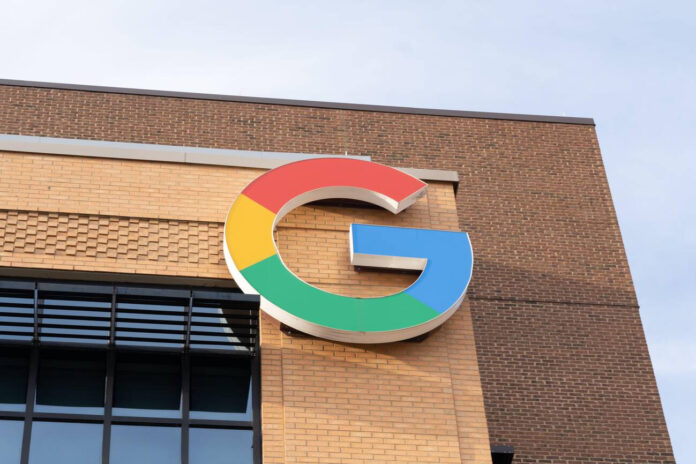Google is set to face a jury trial on August 18 after failing to persuade a federal judge to dismiss a privacy class action accusing it of collecting personal data from users who had disabled tracking.
The lawsuit, filed in July 2020, alleges that the tech giant violated California laws by saving users’ personal browsing histories without consent, despite assurances that disabling the Web & App Activity settings would stop tracking.
Chief Judge Richard Seeborg of the federal court in San Francisco rejected Google’s arguments on Tuesday, including claims that users had consented to the tracking and that the company’s record-keeping practices “don’t hurt anyone.” The court highlighted internal communications suggesting Google intentionally maintained ambiguity in its disclosures, which reasonable users might find “highly offensive.”
The plaintiffs, represented by the same law firms that secured a $5 billion settlement in a separate privacy case against Google last year, accused the company of invading privacy by intercepting browsing data on both Android and non-Android devices. Google, in response, has dismissed the allegations as a deliberate mischaracterization of its privacy controls, which it claims are built into its services.
The upcoming trial follows other legal challenges for Google, including a revived lawsuit last August accusing the company of tracking Chrome browser users without synchronization. Earlier, Google agreed to destroy billions of data records related to users who believed they were browsing privately in Chrome’s “Incognito” mode.
With privacy concerns continuing to mount, the case underscores the growing scrutiny over Google’s handling of user data and its broader impact on trust in the tech sector.




